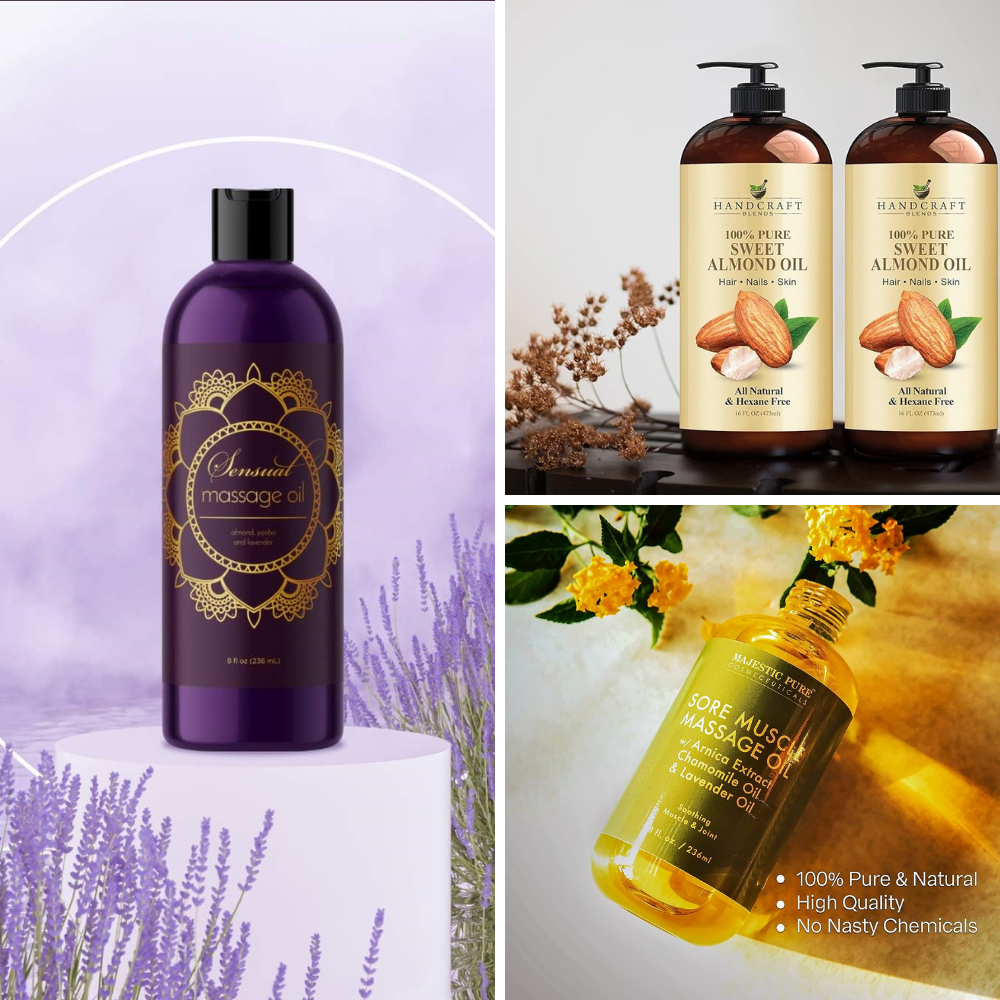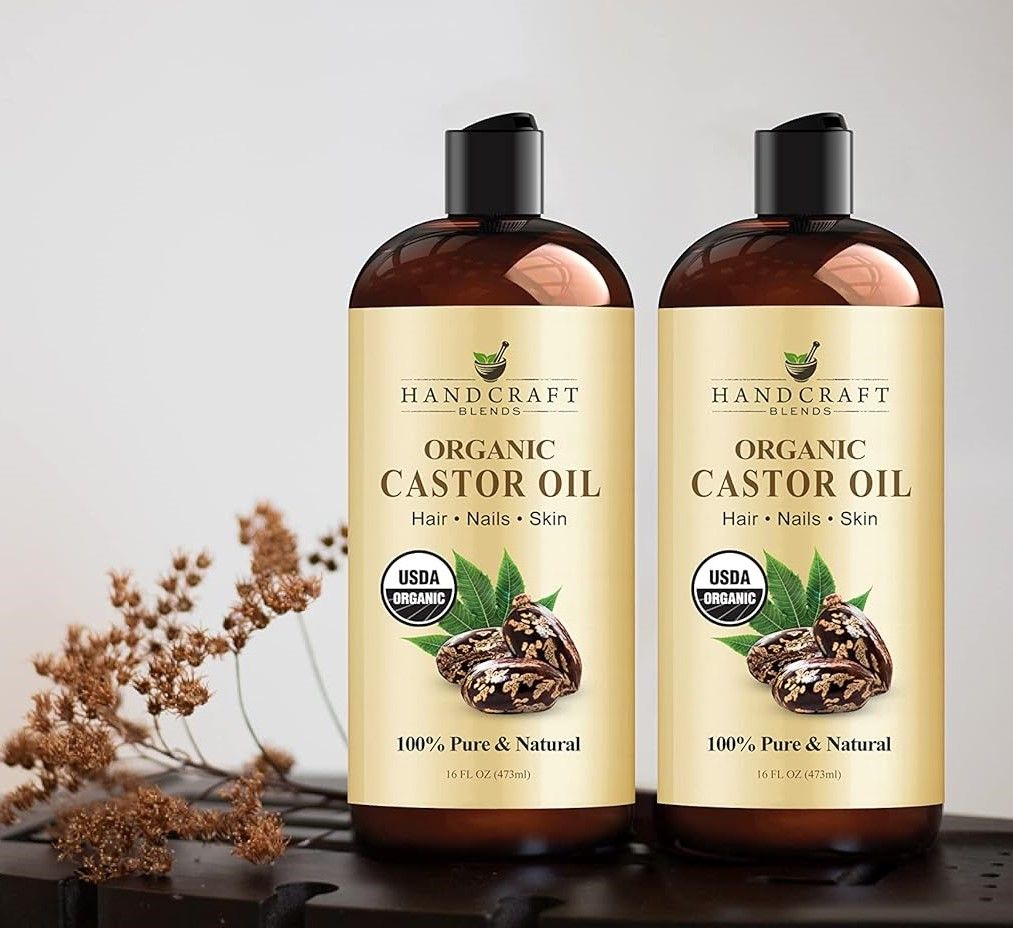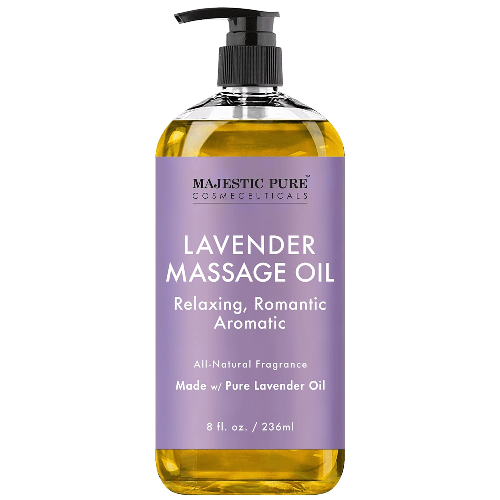Almond oil, derived from the sweet almonds of almond trees, has been celebrated for centuries for its multiple uses and benefits, especially in the realm of skincare. From ancient Chinese and Ayurvedic practices to modern dermatological applications, this versatile oil has remained a constant. This post will delve into the numerous benefits of almond oil for the skin, distinguishing between sweet almond oil and bitter almond oil, and how to effectively incorporate it into your skincare routine.
Sweet Almond Oil Vs. Bitter Almond Oil
Sweet Almond Oil
Sweet almond oil is the most common type of almond oil, widely used in skincare, haircare, and massage oils. It's derived from edible almonds, which are usually roasted or pressed to extract the oil from the nut's kernels. Sweet almond oil has a light, nutty aroma, and yellowish color, with a non-greasy texture that absorbs quickly into the skin. Some of the benefits of sweet almond oil include:
Moisturizing:
Sweet almond oil contains fatty acids that help to lock in moisture and prevent dryness, making it an excellent choice for dry, itchy, or sensitive skin. It can also help to reduce the appearance of fine lines and wrinkles.
Soothing:
Sweet almond oil has anti-inflammatory properties that make it effective in alleviating skin inflammation, redness, and irritation. It's gentle enough for use on babies' skin, as well.
Nourishing:
Sweet almond oil is rich in vitamins A, D, and E, which are essential for healthy skin and hair. It can help to strengthen hair strands, prevent breakage, and promote a healthy scalp.
Bitter Almond Oil
Bitter almond oil, on the other hand, is not recommended for direct topical use. It's derived from bitter almonds, which have a higher concentration of amygdalin, a compound that breaks down into cyanide when ingested or exposed to moisture, heat, or enzymes. Therefore, bitter almond oil is mainly used in aromatherapy and as a flavoring agent in food and beverages. Some of the benefits of bitter almond oil include:
Relaxing:
Bitter almond oil is believed to have a calming effect on the mind and body, making it useful in reducing stress, anxiety, and insomnia. It's often used in diffusers, candles, and perfumes for its soothing scent.
Flavouring:
Bitter almond oil is a popular ingredient in baking, especially in recipes that call for almond extract. It has a stronger, more intense flavor than sweet almond oil, and a small amount can go a long way in enhancing the taste and aroma of your baked goods.
Medicinal:
Bitter almond oil has some medicinal uses when used in small doses and under medical supervision. It's been used to treat certain skin conditions, coughs, and spasms and is currently being studied for its potential anti-cancer properties.
Almond Oil Skin Benefits
Sweet almond oil is packed with vitamin E, essential fatty acids, proteins, and other nutrients, making it an excellent choice for skincare applications. Here are some of the key benefits of almond oil for skin:
Moisturizing and Nourishing
One of the primary almond oil skin benefits is its moisturizing properties. Rich in emollients, almond oil can help improve your skin's barrier function, creating a protective barrier against environmental damage. It's a fantastic moisturizing oil that doesn't clog pores, making it suitable for all skin types, including sensitive skin.
Improves Complexion and Skin Tone
The vitamin E and essential fatty acids in almond oil can help improve your skin tone, giving you a healthier and more radiant complexion. Applying almond oil to your skin regularly can result in smoother, more even-toned skin.
Reduces Dark Circles and Signs of Aging
Almond oil helps reduce dark circles and signs of premature aging due to its antioxidant properties. Vitamin E, an antioxidant vitamin, fights free radicals that cause aging and sun damage. A few drops of almond oil under your eyes every night can help lighten dark circles and reduce puffiness.
Soothes Irritated Skin
Sweet almond oil is renowned for its remarkable anti-inflammatory properties, which effectively alleviate and soothe even the most irritated skin. This versatile oil is specifically known to provide relief for conditions such as eczema and dermatitis. Moreover, its gentle nature makes it an ideal option for calming sensitive skin that may be prone to irritation.
Incorporating Almond Oil in Your Skincare Routine
Integrating almond oil into your skincare routine is a matter of personal preference. Here are some ways you can use almond oil for your skin:
As a Moisturizer:
Apply almond oil directly to your skin after cleansing. Its moisturizing properties can help treat dry skin conditions and improve your skin's hydration levels.
As a Makeup Remover:
Almond oil can be used as a natural makeup remover. Its light texture doesn't clog pores and it can effectively remove makeup, including waterproof mascara.
As a Carrier Oil:
Almond oil can be mixed with other essential oils for aromatherapy or massage. It's a popular carrier essential oil due to its mild smell and light texture.
Reduces Dark Circles and Under Eye Bags:
The skin around our eyes is the thinnest and most delicate part of our face. Almond oil contains anti-inflammatory and antioxidant properties that can help reduce puffiness and dark circles. Applying a few drops of almond oil under your eyes before going to bed can help reduce the appearance of dark circles, leaving you with brighter and more refreshed-looking eyes.
Restores Skin elasticity:
As we age, our skin starts to lose its elasticity, leading to wrinkles and fine lines. Almond oil contains oleic acid and linoleic acid, which restore skin’s elasticity and reduce wrinkles. Regular massage with almond oil can improve blood circulation, which helps in the production of collagen, resulting in firmer, younger-looking skin.
Improves Complexion:
Almond oil can help improve your skin’s overall complexion, reducing the appearance of acne and scars. The fatty acids in almond oil dissolve the sebum that clogs the pores and reduces inflammation caused by acne. Almond oil can also lighten dark spots and hyperpigmentation, resulting in a brighter, more even complexion.
Soothes Skin Irritation:
Almond Oil has anti-inflammatory properties that can help soothe skin irritation caused by eczema, psoriasis, and rosacea. Applying almond oil to the affected area can help reduce redness and irritation, leaving your skin calm and comfortable.
However, before using almond oil, it's advisable to do a patch test to rule out any allergic reaction, especially if you have a nut allergy.


In conclusion, sweet almond oil is a skincare powerhouse with a rich history of use, offering an array of benefits that can significantly enhance the health and appearance of your skin. From its potent moisturizing abilities to its capacity to improve complexion and skin tone, reduce signs of aging, and soothe irritated skin, almond oil is indeed a magic elixir for your skin.












